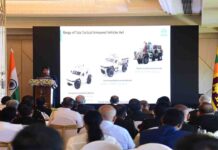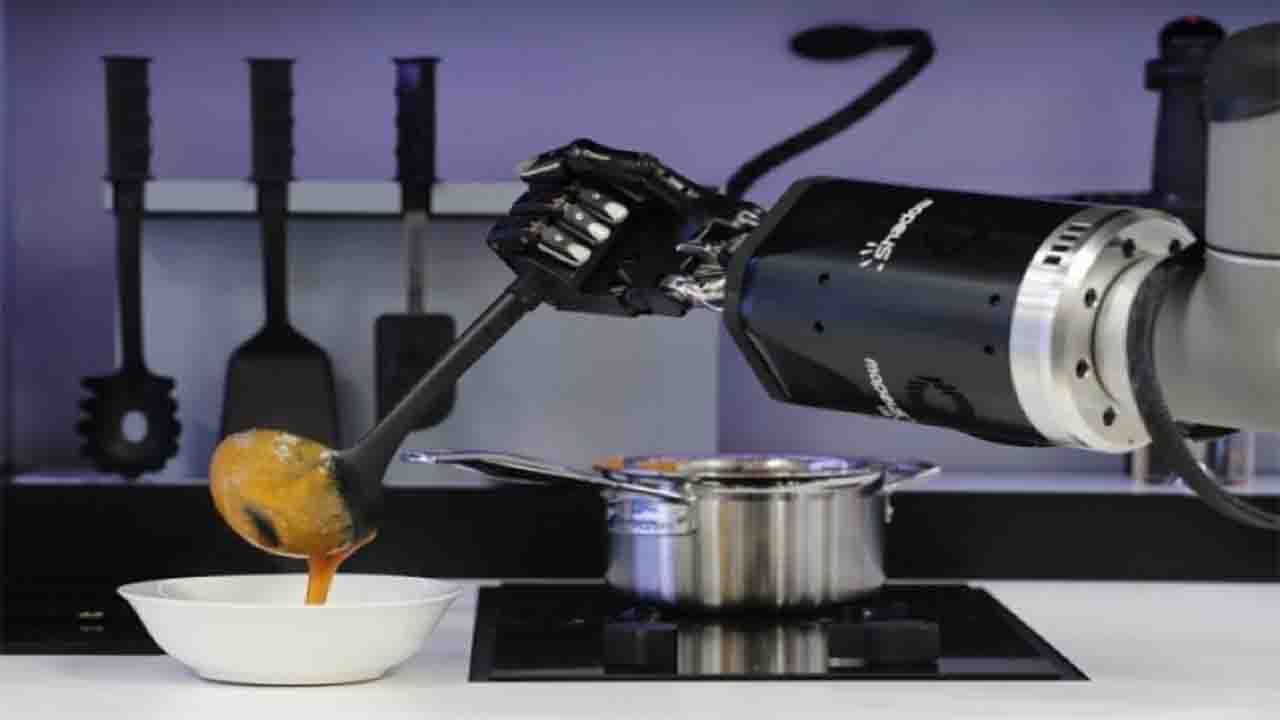By Wasana Nadeeshani Sellahewa
(Commonwealth) _ In addition to being a major contributor to climate change, factory farming is also vulnerable to its severe financial effects. More greenhouse gas emissions (GHGs) are produced by industrial farming, transportation, and killing of almost 90 billion land animals each year than by all modes of human transportation combined. In addition, factory farming is the biggest industrial emitter of nitrous oxide and methane, both of which have a more disruptive impact on the climate than carbon dioxide.
Deforestation is mostly caused by industrialized livestock husbandry. The world’s leading producers of meat, dairy products, and eggs each year help clear millions of acres of tropical forests for livestock grazing and soy cultivation, of which 70 to 75 percent is used as animal feed for the billions of chickens, pigs, and fish raised in factory farms. Deforestation accounts approximately 10 to 15 percent of all global greenhouse gas emissions, regardless of whether trees are cut down or burned. This increases animal agriculture’s overall contribution to between 20 and 30 percent.
There are several risks associated with climate change for industrialized animal husbandry enterprises. One is decreased output in animals as a result of heat stress. High temperatures reduce feed intake, prevent weight increase, and negatively affect fertility as well as milk and egg production in cattle, poultry, and pigs. The mortality rate of animals is likewise increased by high temperatures. According to studies, the yearly cost of heat-stress losses in the United States alone is from $1.9B to $2.7B as of 2019. The dairy business suffers from almost half of these losses, according to the USDA, mostly because of decreasing productivity.
Livestock products such beef, pig, chicken, maize, soybeans, packaging supplies, and energy. These commodities’ production and pricing are governed by continuously shifting market forces of supply and demand, over which we either have little or no influence. These variables include, among other things, global weather patterns, disease outbreaks, the amount of supply stocks and demand for grains and other feed components globally, as well as domestic and international agriculture and energy policy.
Simultaneously, scientists and economists from all over the world are pressing these and other national governments to reevaluate their support for industrialized animal agriculture, including by changing tax and credit incentives and rerouting about $500 million in subsidies away from methods of food production that harm the environment. The Sustainable Development Goals (SDGs) and Paris Agreement climate targets would be out of reach if food and land use systems continued on their current course, which would also undermine food security, cause needless human suffering, market disruption, and political instability. This is why the global Food and Land Use Coalition supports governments’ efforts to develop multifaceted low-emission strategies.
Demand from consumers who are worried about their carbon footprints is placing pressure on factory farming practices. McDonald’s recently made a pledge to reduce carbon intensity throughout their supply chain by 31% by the year 2030. The production of beef is one of the major contributors to McDonald’s carbon footprint, according to the company’s declaration. Similar pledges have been made by Walmart, which has asked its suppliers including factory farms to use the company’s toolbox for reducing emissions in order to cut emissions by one gigaton by 2030.
Other consumers of animals raised in factories are going even further and completely cutting them out of their supply chains. Kentucky Fried Chicken (KFC), which purchases more factory-farmed chicken than any other quick service restaurant (QSR) in the world, announced in a press release that it was “launching the development of innovative 3D bioprinting technology to create chicken meat” as the next step in its innovative concept of creating a “restaurant of the future.”
















